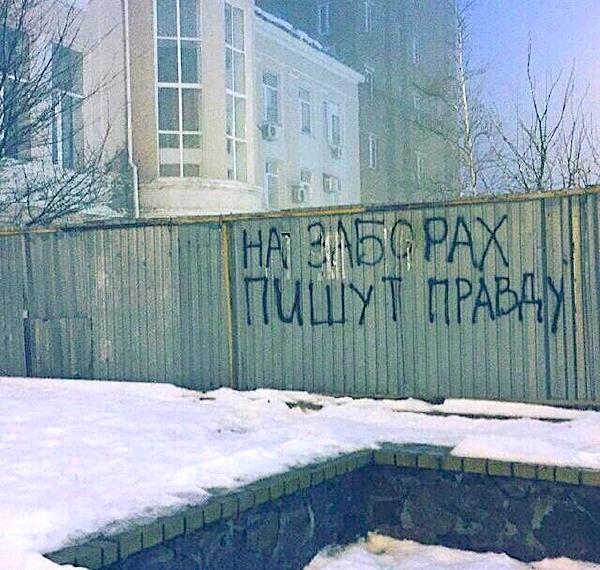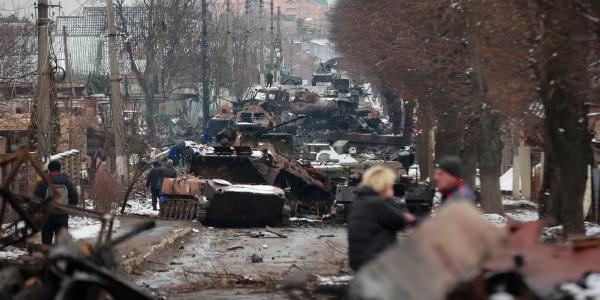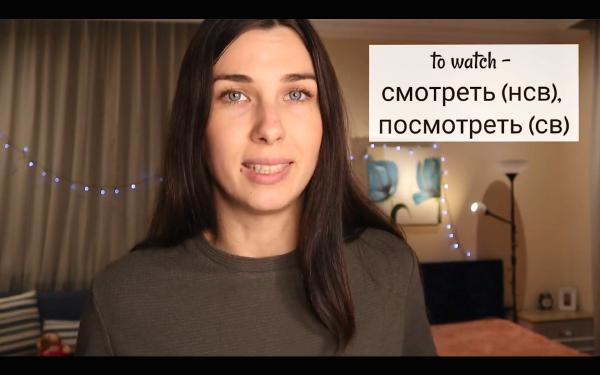Sentences for Beginners
For beginners, there are plenty of sentences to see, listen to, and repeat so that you can quickly make your own beautiful sentences. Useful for this purpose is the video below from RussianPod101, featuring words like потом (then), но (but), тем временем (meanwhile), and seven more.
Top 10 Words for Connecting Thoughts in Russian
(RussianPod101, 2017, 4 m)
From the same channel:
- 150 Most Common Phrases in Russian (2019, 25 m)
- 100 Phrases Every Russian Beginner Must-Know (2018, 36 m)
- Top 25 Must-Know Russian Phrases (2015, 8 m)
- Learn the Top 10 Must-Know Russian Lines You Need for Introducing Yourself (2015, 5 m)
- Top Must-Know Expressions for Agreeing and Disagreeing (2017, 5 m)
Simple Phrases
From Easy Languages, there’s 10 Russian phrases for your first conversation, featuring у вас есть кот (do you have a cat), which is why it’s included here. From the same channel, there’s also 10 Wishes in Russian (2015, 1 m), but the street interviews are much more fun. For example, sticking with the cat theme, this one (about pets), or ask about your favorite author or the craziest thing you’ve ever done. Not really for beginners, but there are bilingual subtitles and phonetic help.
LearnRussian.org offers a series of 27 videos on Simple Phrases in Russian. In Part 1, you’ll find кто это and что это, which mean “who is it” and “what is it.” From Amazing Russian, there’s Reading Simple Sentences, featuring interesting facts like Паста – это макароны и соус (pasta is macaroni and sauce), Водка и вино – это алкоголь (vodka and wine are alcohol), and Рок и джаз – это музыка (rock and jazz are music).
100 Simple Russian Sentences
(Boost Your Russian, 2020, 28 m)
From the same channel:
- Slow and Easy Russian Conversation Practice for Beginners (2019, 33 m)
- Basic Russian Conversational Phrases - 2 (2019, 33 m)
Top 10 Must-Know Russian Phrases
(Mary Z Russian, 2017, 4 m)
More
- Basic Survival Phrases (LRW Alfia, 2019, 17 m)
- 1000 Russian Phrases for Beginners (Polyglot Pablo, 2019, 62 m)
- 1000 Basic Russian Vocab & Expressions (Joytan, 2018, 114 m)
- 50 Common Phrases in Russian: Basic Russian (Linguamarina, 2018, 14 m)
- Russian 100 Important Sentences – Popular Phrases (Education World, 2018, 22 m)
- Common Beginner’s Russian Phrases (Denis Fedorov, 2017, 6 m)
More








